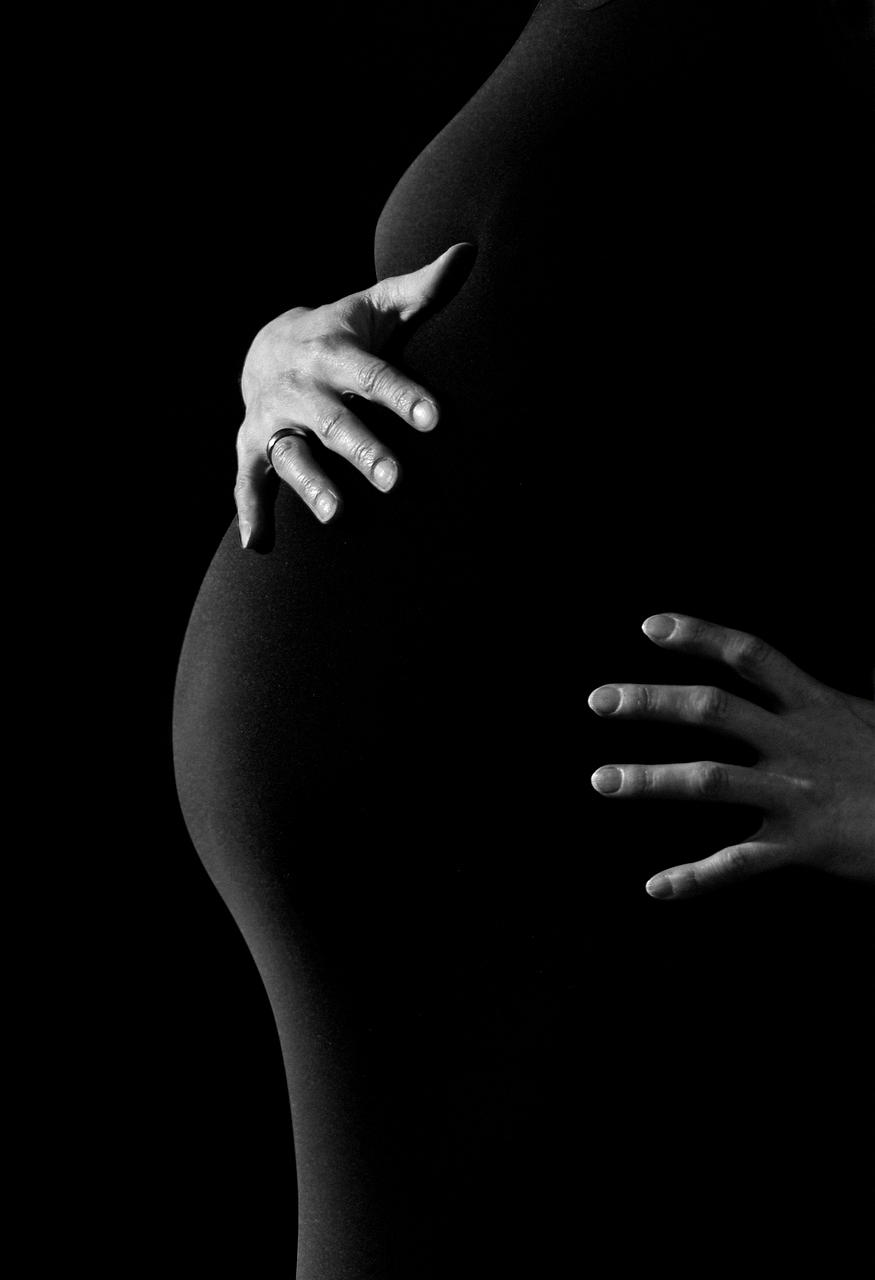When it comes to managing pain during pregnancy, many expectant mothers may wonder which painkiller is safe to use without posing a risk to the health of their developing baby. It is essential to understand the potential risks associated with different types of painkillers and their impact on the pregnancy before reaching for any over-the-counter medication.
One common concern during pregnancy is the use of non-steroidal anti-inflammatory drugs (NSAIDs) such as ibuprofen, naproxen, and diclofenac. These medications are generally considered safe for use during the first and second trimesters of pregnancy, but they are not recommended for use in the third trimester due to potential risks to the baby’s heart and lungs.
On the other hand, painkillers like paracetamol (acetaminophen) and codeine are considered safer options for managing pain during pregnancy. Paracetamol is often recommended as the first-line treatment for mild to moderate pain in pregnant women, as it has been extensively studied and is generally believed to be safe when used as directed.
Paracetamol is commonly used to alleviate headaches, muscle aches, and fevers during pregnancy. It is important to follow the recommended dosage guidelines provided by healthcare professionals and to avoid exceeding the maximum daily dose to prevent potential side effects.
Another painkiller that is sometimes prescribed during pregnancy is codeine. Codeine is an opioid medication that can be effective in managing moderate to severe pain, but it should be used with caution due to its potential to cause respiratory depression in newborns if used excessively close to delivery.
It is important to note that while paracetamol and codeine are generally considered safe for use during pregnancy, it is always advisable to consult with a healthcare provider before taking any medication, especially if you have any underlying medical conditions or concerns about potential risks.
Alternative therapies such as physical therapy, massage, acupuncture, and prenatal yoga may also be considered as safe and effective ways to manage pain during pregnancy without relying on medication.
Overall, when choosing a painkiller during pregnancy, it is crucial to weigh the potential benefits and risks of each option and to make an informed decision in consultation with a healthcare provider. Prioritizing the health and well-being of both the mother and the developing baby is paramount when considering pain management strategies during pregnancy.

